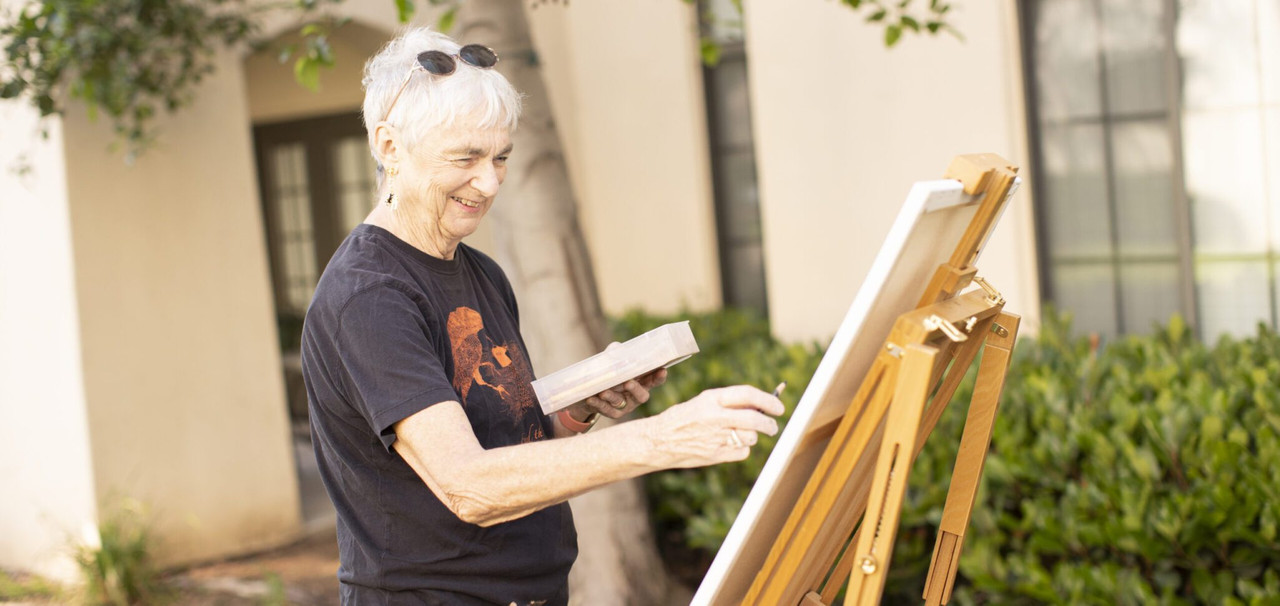Introduction
Retirement is a significant milestone in life, marking the end of a structured work routine and the beginning of a new chapter filled with opportunities. While it’s a time to enjoy the fruits of your labor, maintaining mental wellness during retirement is crucial for a fulfilling and happy life. This article explores various strategies to help retirees stay mentally healthy and vibrant.
From understanding the psychological impacts of retirement to staying physically active and socially engaged, we’ll cover it all. So, let’s dive in and discover how to make the most of your golden years!
Understanding the Psychological Impact of Retirement
The transition from a structured work life to retirement can be both exciting and challenging. Many retirees face psychological hurdles as they adjust to a new routine and redefine their sense of purpose.
Common challenges include feelings of loneliness, loss of identity, and a sense of diminished self-worth. It’s essential to recognize these feelings and address them proactively.
Maintaining a strong sense of identity and self-worth is key to mental wellness. Engaging in activities that provide a sense of accomplishment can help bridge the gap between work life and retirement.

Staying Physically Active
Did you know that physical activity is a fantastic mood booster? Staying active not only keeps your body in shape but also has a positive impact on your mental health.
Here are some physical activities suitable for retirees:
- Walking or hiking
- Swimming
- Yoga or Tai Chi
- Gardening
- Light weight training
Regular exercise can improve your mood, enhance cognitive function, and even help you sleep better. So, lace up those sneakers and get moving!

Engaging in Social Activities
Social connections are vital for mental health. Engaging with friends, family, and community members can reduce feelings of isolation and boost your overall well-being.
Ways to maintain and build social networks post-retirement include:
- Joining clubs or groups with similar interests
- Participating in community events
- Volunteering for local organizations
Community involvement and volunteer opportunities not only provide social interaction but also a sense of purpose. Check out our active retirement guide for more ideas!
Pursuing Hobbies and Interests
Retirement is the perfect time to dive into hobbies and interests that bring you joy. Whether it’s painting, gardening, or learning a musical instrument, hobbies can provide a sense of purpose and fulfillment.
Here are some examples of fulfilling hobbies:
- Photography
- Cooking or baking
- Traveling
- Crafting or DIY projects
- Writing or journaling
Not sure where to start? Explore new interests and passions by taking classes or joining hobby groups. The possibilities are endless!
Maintaining Cognitive Health
Keeping your mind sharp is just as important as physical health. Engaging in mentally stimulating activities can help maintain cognitive function and prevent decline.
Strategies for cognitive health include:
- Solving puzzles or playing brain games
- Reading books or articles
- Learning new skills or languages
Lifelong learning is a fantastic way to keep your brain active. Consider taking online courses or attending workshops to continue expanding your knowledge.
Seeking Professional Support When Needed
It’s important to recognize when you might need professional support. Mental health issues can arise at any stage of life, and retirees are no exception.
Benefits of counseling and therapy include:
- Addressing feelings of depression or anxiety
- Developing coping strategies
- Improving overall mental well-being
Finding the right mental health professional is crucial. Look for licensed therapists or counselors who specialize in working with retirees.
Financial Stability and Mental Wellness
Financial security plays a significant role in mental wellness. Worrying about finances can lead to stress and anxiety, so it’s essential to have a solid financial plan in place.
Here are some tips for managing finances during retirement:
- Creating a retirement budget
- Exploring investment options
- Understanding the 4 percent rule
For more resources on financial advice and support, check out our articles on retirement budgeting and retirement taxes.
Creating a Balanced Routine
Having a daily routine can provide structure and a sense of purpose. Balancing relaxation with productive activities is key to a fulfilling retirement.
Tips for creating a balanced routine include:
- Setting regular wake-up and bedtimes
- Scheduling time for exercise and hobbies
- Incorporating social activities into your week
Remember, it’s all about finding a balance that works for you. A well-rounded routine can enhance your overall well-being and make each day enjoyable.
Conclusion
Maintaining mental wellness during retirement is essential for a happy and fulfilling life. By staying physically active, engaging in social activities, pursuing hobbies, and keeping your mind sharp, you can enjoy your golden years to the fullest.